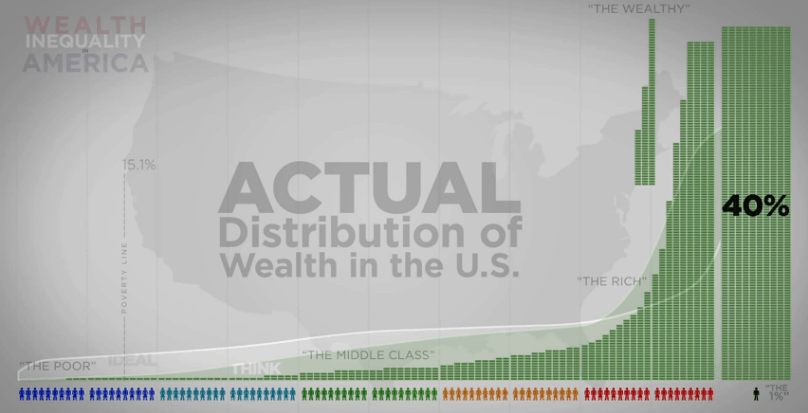One of the favored political tropes repeated often by the billion-dollar anti-Social Security lobby and its supporters in Congress as a justification to cut Social Security is: “Americans are living longer so they should just work longer.” That’s usually followed up with a personal anecdote like “Everyone I know plans to keep working into their 70’s.” Maybe that’s true for hedge-fund billionaires like Pete Peterson and politicians like Alan Simpson. Rich, white men live longer, healthier lives and no doubt it’s easier to consider working until 70 if the boardroom or committee room is where you spend your work day.
However, for the rest of America the “you can work until your 70” claim is built on the lie that “Americans are living longer.” Multiple studies have shown the opposite to be true. All Americans are definitely not living long. Yet another report from the National Academy of Science this week reports:
“Men at the top of the economic ladder saw an eight-year increase in life expectancy, while men at the bottom saw virtually no change.”
No change.
According to researchers, an increasing gap in life expectancy between the wealthy and the working class has come – and may even be caused by — the growing inequality of wealth and income in America. If you can afford the best healthcare, work in high income careers requiring less physical labor and have a higher education allowing you to navigate America’s complicated healthcare system, is it any surprise you might live longer? As more income goes to the richest Americans, our middle-class is shrinking leaving even more people vulnerable.
Teresa Ghilarducci is a labor economist who directs the Retirement Equity lab at The New School. She sums it up this way:
“The idea that everyone should work longer since everyone is living longer is one used to justify policy proposals such as cutting Social Security benefits. But that idea is a misleading oversimplification.
The Retirement Equity Lab at The New School (a project I direct) has pointed out that the growing class and racial gaps have dire implications for retirement policies. A cut to Social Security benefits—which raising the retirement age, an oft-suggested proposal, essentially is—would induce people without means to work in old age. This would produce an unseemly form of inequality: The people who live the longest will be able to retire, and the people who have to work longer will be the same people who are losing at longevity. The poorer will work and the richer will play in old age, a class divide we’ve already seen in the 19th and early 20th centuries. If post-work benefits are not shored up, this disparity will only get worse.”



